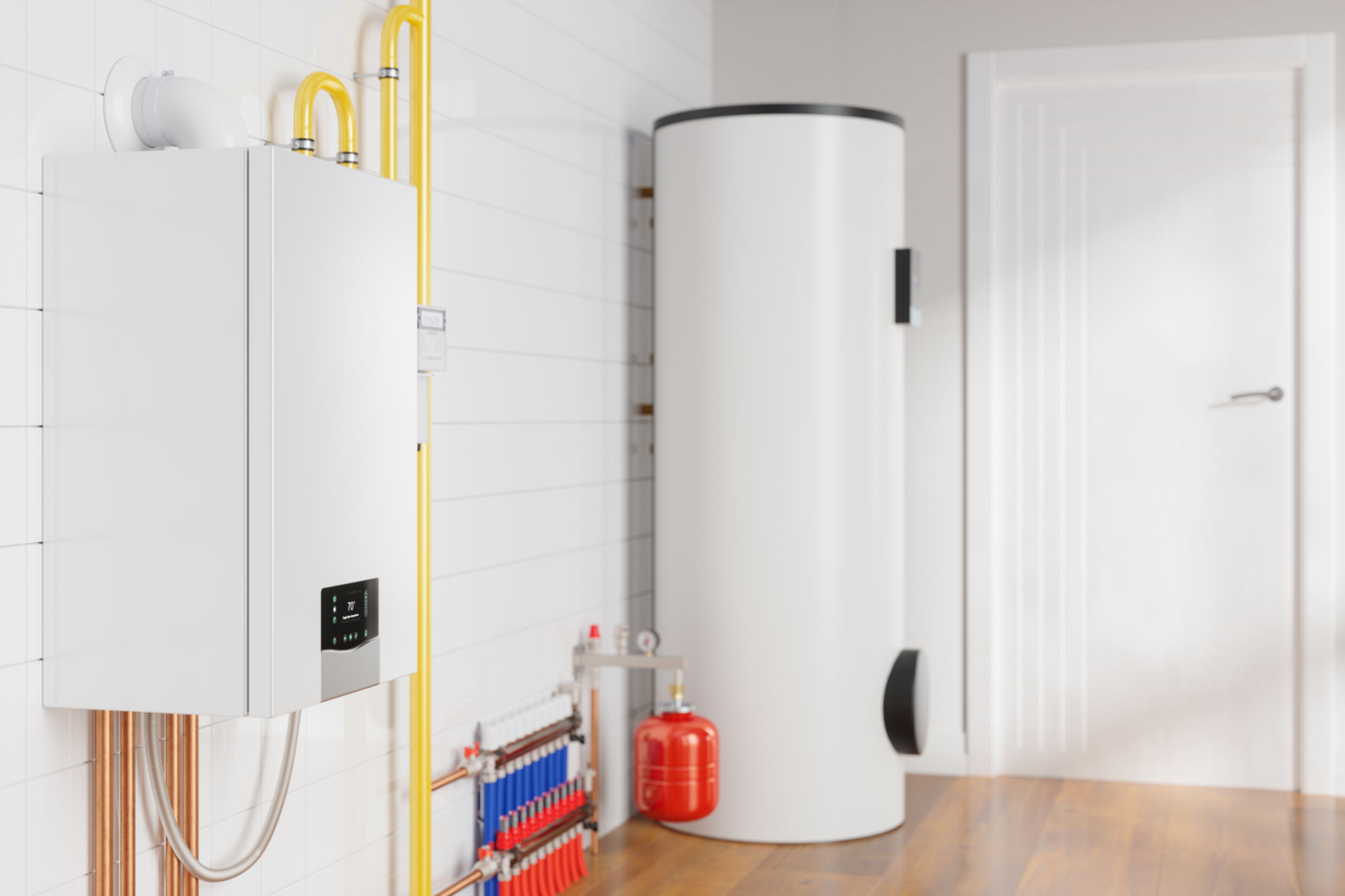Maximizing Energy Savings in South Australia: Top Tips for Homeowners
Understanding Your Energy Consumption
South Australia is renowned for its sunny climate, making it a prime location for harnessing solar energy. However, maximizing energy savings at home requires more than just sunshine. Understanding your energy consumption patterns is the first step. Use smart meters to track your usage and identify areas where you can cut back. This will not only help in saving energy but also in reducing your electricity bills.
Consider conducting an energy audit to get a comprehensive understanding of how your home uses energy. This audit can pinpoint areas of inefficiency and suggest improvements to enhance energy savings.

Investing in Solar Panels
Solar panels are a popular choice for homeowners in South Australia due to the abundant sunshine. They offer a sustainable way to generate power and can significantly reduce your reliance on the grid. When investing in solar panels, ensure they are installed by certified professionals and regularly maintained for optimal performance.
Take advantage of government incentives and rebates aimed at promoting solar energy usage. These can help offset the initial investment cost, making solar panels a more affordable option for many homeowners.

Optimizing Home Insulation
Proper insulation is crucial for maintaining a comfortable indoor temperature without over-relying on heating or cooling systems. Ensure your home is well-insulated, particularly in the roof and walls, to prevent heat loss during winter and heat gain in summer. This not only saves energy but also enhances the overall comfort of your home.
Consider using energy-efficient windows and doors that provide better insulation than traditional options. Sealing any gaps or cracks can further improve your home's insulation efficiency.

Efficient Heating and Cooling Systems
Heating and cooling systems are among the largest energy consumers in any household. Upgrading to energy-efficient models can result in substantial savings. Look for systems with high energy star ratings, as they are designed to use less energy while providing excellent performance.
Regular maintenance of these systems is essential to ensure they operate efficiently. Simple actions like cleaning filters and checking ducts can improve their efficiency and prolong their lifespan.
Smart Energy Management
Incorporating smart technology into your home can greatly enhance energy savings. Smart thermostats, lighting, and appliances can be programmed to operate only when needed, reducing unnecessary energy consumption. These devices often come with smartphone apps, allowing you to monitor and control your home's energy use remotely.

Another effective strategy is to use LED lighting, which consumes significantly less power than traditional bulbs and has a longer lifespan, further contributing to energy savings.
Water Heating Solutions
Water heating can account for a significant portion of your energy bill. By switching to a solar water heater or a heat pump water heater, you can reduce this cost substantially. These systems leverage renewable energy sources, making them an eco-friendly choice.
Ensure regular maintenance of your water heating system to keep it running efficiently. Simple tasks like setting the thermostat to an optimal temperature can greatly impact your energy consumption.

Behavioral Changes for Energy Savings
Finally, small behavioral changes can lead to significant energy savings. Turning off lights when leaving a room, unplugging devices when not in use, and using appliances during off-peak hours are simple yet effective ways to conserve energy.
Encourage family members to be mindful of their energy use habits. Educating younger members of the household about the importance of energy conservation can instill lifelong habits that contribute to a more sustainable future.